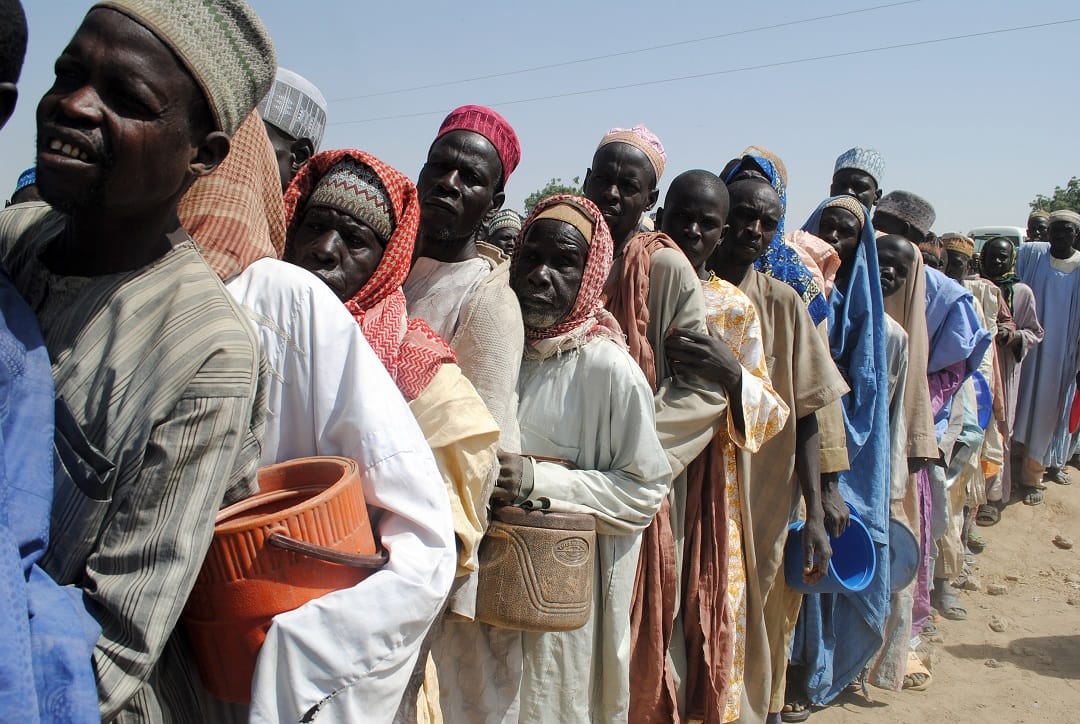The World Bank has predicted that ongoing insecurity, armed conflicts, and worsening livelihoods will have a lasting impact on seven states in Nigeria.
In the latest Food Security Update, the Bretton Wood institution said this situation is expected to persist in various local government areas within Borno, Kaduna, Katsina, Sokoto, Yobe, Zamfara states, and the northern regions of Adamawa State in Nigeria until May 2024.
The global lender also stressed that challenging macroeconomic conditions are impeding access to agricultural inputs in the country, potentially impacting cereal production.

The estimated cereal production for the 2023/24 crop year in West and Central Africa is expected to be 76.5 million tons, a 2 per cent decrease from the previous season. However, it marks a 3 per cent increase from the average over the last five years.
“Projections indicate a decline in production from last year in Chad, Mali, Niger, and Nigeria. This decrease is attributed to dry spells during the growing season and insecurity that limited access to cropland in Chad, Mali, and Niger and to poor macroeconomic conditions that have restricted access to agricultural inputs in Nigeria.”
“Over the same period (November to May 2024), Crisis (IPC Phase 3) conditions, mainly caused by persistent insecurity and armed conflict, and deteriorating livelihoods, are projected to affect the following regions,”
“Nigeria: Local government areas in Borno, Kaduna, Katsina, Sokoto, Yobe, Zamfara states, and the far north of Adamawa state,” it added.
The World Bank also said the impact will extend to locations in Burkina Faso, Cameroon, Chad, Mali, and Niger, among other areas.
Also Read: Inflation, High Input Cost Intensify Real Estate Sector’s Woes in 2023
Meanwhile, the December 2023 edition of the Agricultural Market Information System (AMIS) Market Monitor, which was cited in the update highlighted that the volatility in commodity markets is decreasing as the year concludes, with most grain and oilseed prices 15 per cent to 20 per cent lower than in January 2022, excluding rice, although even rice prices have declined because of improvements in global production prospects.
Despite a slowing global economy, demand for agricultural products is anticipated to reach record levels in the 2023/24 marketing season. Although lower prices pose challenges for grain and oilseed farmers, lower fuel and fertilizer costs are expected to offset some of the impacts.
Source: Business Post





